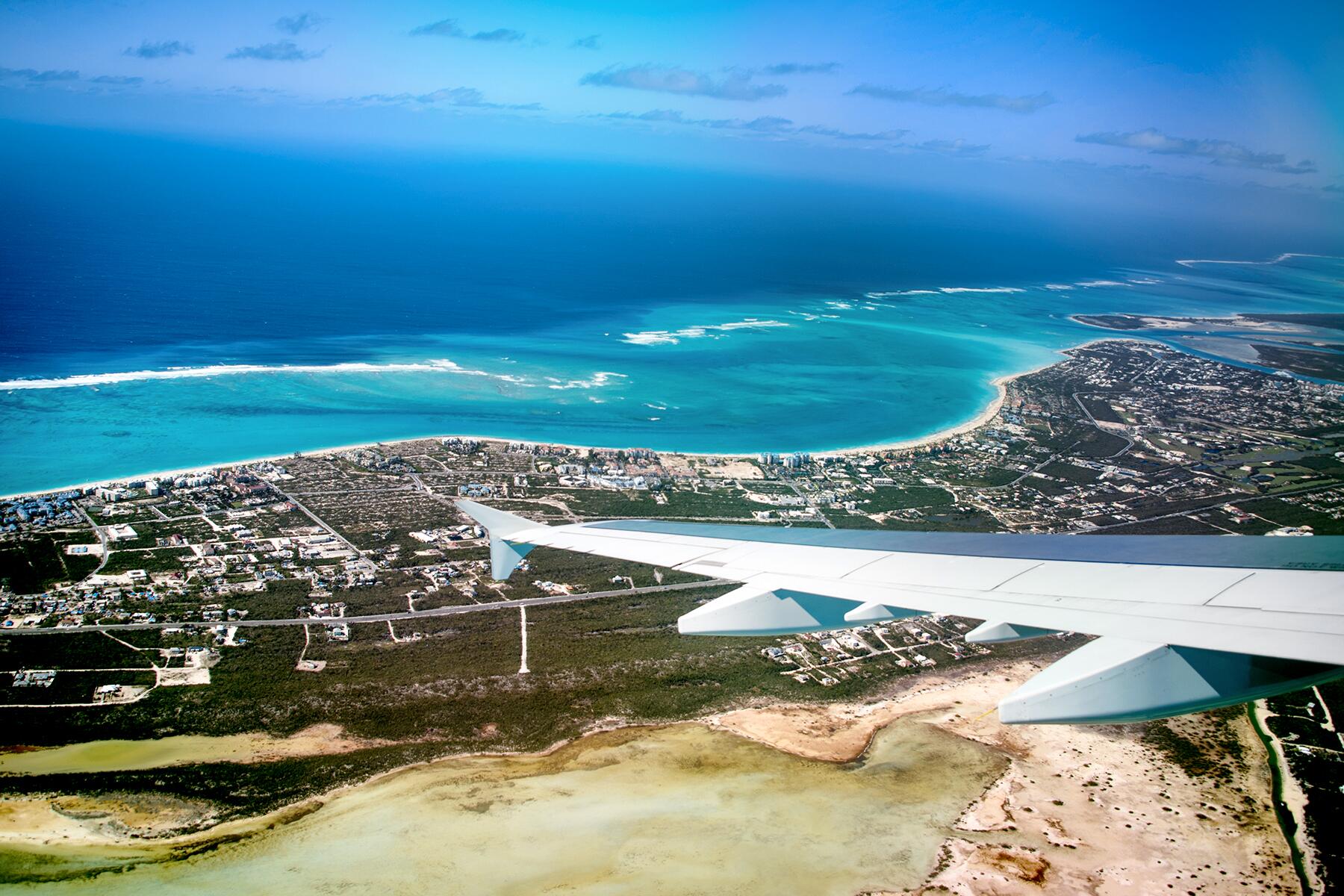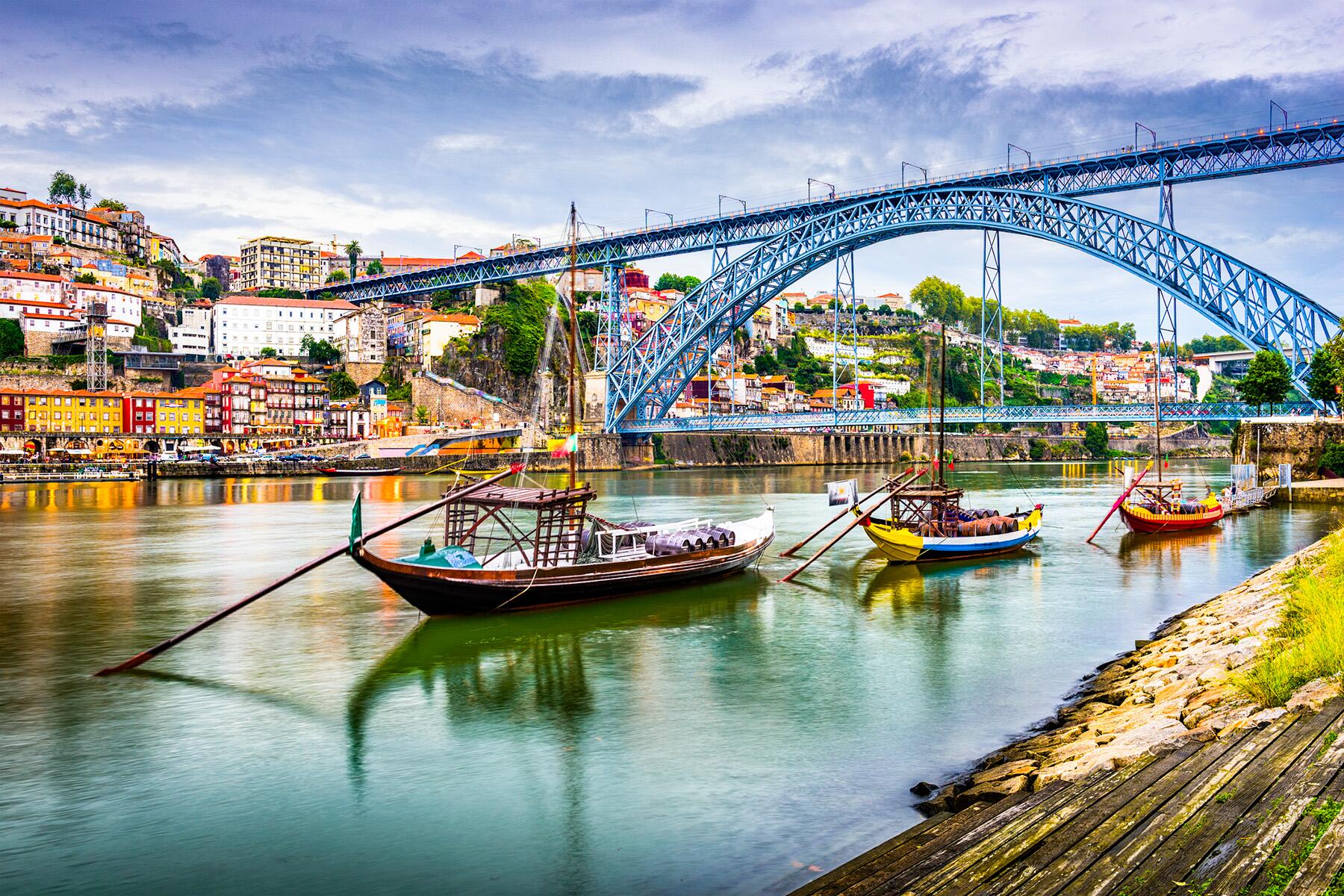Their reasons for moving to Portugal stretch beyond the sunshine.
This past winter in Portugal has been especially mild. The sun has been showing its face in Lisbon, wrapping around its quaint streets and picturesque buildings and setting colorfully over the capital’s many hills. There are still times when you can feel the symptoms of being in a European winter–the occasional blustery wind and horizontal rain–but according to Irene, having those distinct seasons is a dream come true. She says she chose to move to Portugal after being drawn to the country’s rich history, beautiful landscape, and vibrant culture.
“The accessibility to nature and outdoor activities are a huge plus for me,” she explains from her home in Santos. She moved to Portugal in February 2023, coming as a remote worker on a D7 visa.
“Just being able to take a walk and see beautiful things is extremely important to me. I also wanted to challenge myself to learn a new language–but don’t ask me how that’s going,” she quips. Beyond that, she highlights the relaxed pace of life, the strong emphasis on work-life balance, and the ease of movement.
Irene explains that although she was initially torn between apprehension and excitement prior to her move, when she eventually arrived, it felt like a big, warm hug.
“It was a big change. I moved without ever visiting or knowing anyone. I did as much research as I could, but there are only so many Facebook groups and YouTube videos that you can read and watch without experiencing it yourself. I gradually adjusted by immersing myself in the local culture, making new friends, and exploring my surroundings.”
Recommended Fodor’s Video
Around 3,000 Nigerians live in Portugal today. A 2019 Pew survey revealed that Nigerians rank highest among people who say they plan to leave their country in the next five years. Many of the Nigerians who were surveyed cited jobs and educational prospects as primary reasons for wanting to leave their country. Escaping conflict and violence also played an important role for participants, including Irene, who says this was pivotal to her choice.
“I truly value the freedom of feeling safe in Portugal. The sense of security and peace of mind that I experience in my daily life is incomparable,” she says. “In Nigeria, I had concerns about my own personal safety due to crime rates and instability in some of the regions, such as Lagos, where I lived.” She explains how this increased during the COVID-19 pandemic and says that shopping malls were vandalized, and attempts were made to break into private housing estates. Irene recalls having to increase the security on her estate in Lagos by having armed mobile police and army reserves for protection.
“Once those insurgencies started, mob action quickly stirred up. For me, safety became my top priority,” she adds. Irene rationalizes that the wealth disparity in Nigeria is glaring, so it’s not hard to comprehend why marginalized and disadvantaged people feel frustrated about their situation.
In contrast, Portugal offers a more stable environment with lower crime rates, reliable public services, and a strong rule of law.
“Nowhere is perfect,” she admits. “But all of that contributes to my overall feeling of safety in Portugal.”
Finding Community Abroad
Irene has managed to build a community in Portugal through networking events, social gatherings, and joining multiple expat groups. She went a step further by starting her own community for Nigerians.
“I created an Instagram page called Naija in Portugal to make it easy for fellow Nigerians to find me,” she explains. “The purpose of that page is simply to showcase what it’s like being a Nigerian living in Portugal.”
View this post on Instagram
She stresses that her page doesn’t offer immigration advice or moving assistance. Instead, she aims to highlight the very real possibility of Nigerians building a life in Portugal. Furthermore, she says she created the page to demonstrate what Nigerians are actually like to those who may already have preconceived notions.
“Through the Naija in Portugal page, I’ve been able to connect with many Nigerians in person, as well as non-Nigerians such as Ghanaians. The page has experienced steady growth since its inception. I organized a few successful meet-ups in 2023 to foster a sense of community for Nigerians in the country. My plan for 2024 is to continue expanding the community’s reach, organize more events, and provide resources to help and support the Nigerian community further.”
Irene also plans to start a YouTube channel later this year, where she will discuss life in Portugal–especially its mental and emotional aspects–and have cross-cultural conversations with others.
Finding a Safe Space
For Adé, moving to Europe meant the opportunity to move out of Nigeria, a place that he describes as unprogressive. Like Irene, his standard of living focuses largely on safety.
“When it comes to LGBTQ+ issues, I wanted a place where I could really explore myself and follow my passion for fashion without judgment,” he says. Adé ended up initially moving to France but after a decade, he realized it wasn’t the right environment for him.
“Paris became toxic and violent regarding people’s safety. It reminded me of being in Nigeria, but even being in Nigeria I didn’t experience what I experienced in Paris,” he explains. Six months ago, he took the plunge and moved to Portugal. He now lives in one of Lisbon’s coolest neighborhoods, overlooking Miradouro da Graça.
Adé says that the main draw of Portugal for him, was the culture of acceptance and open-mindedness, especially surrounding sexuality. “Portugal, especially Lisbon, permits self-expression, which you don’t have in Nigeria because of religious and tradition-based reasons,” he explains. “I’ve managed to build a small community in Lisbon. I know a few Nigerians here and connect with them but in reality, many of the Nigerians I have met are still closed-minded. They are not as receptive to me as a queer person.” Instead, Adé finds community in different cultures in Portugal, among people who are willing to accept him as he is.
“While it’s not difficult to find community as a Nigerian living in Portugal, I’m very weary of the company I keep around me and put in my inner circle,” he says. “It’s important for me to protect my space and peace, but it’s definitely easy to build friendships and meet like-minded people here. Portugal is filled with international people from many different walks of life.”
Despite this positive outlook on their move to Portugal, both Irene and Adé said they would move back to Nigeria in a heartbeat if conditions there improved and security wasn’t a concern.
“For the food, for the social life, and to be connected to my roots,” remarks Adé.
Irene agrees, stating that Nigeria will always hold a special place in her heart. In particular, she misses her house, the lively community she had, and the diverse culinary scene.
“I miss being able to eat a freshly made plate of edikaikong with pounded yam, or just suya right off the grill,” she says with nostalgia.



